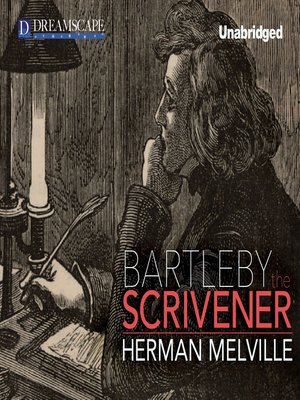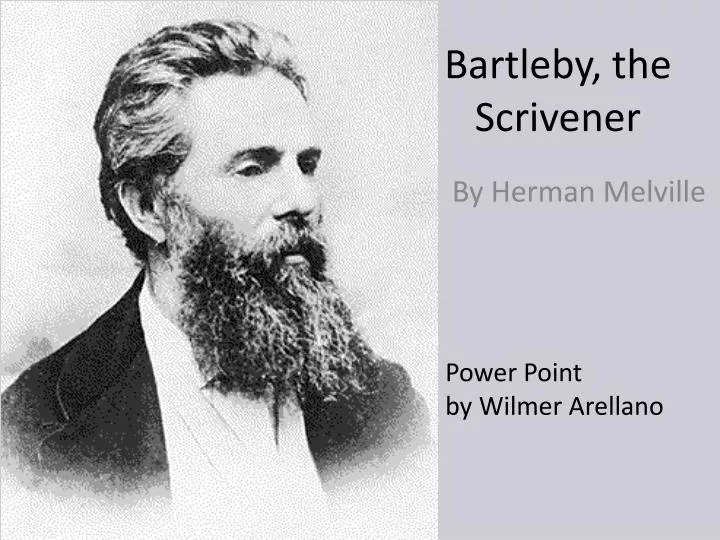


The context Norberg presents Melville's short story is taking into account among others Thoreau's Walden "as a critical response to this progressive model of liberal state that is implicit in Emersonian individualism" (93).

Norberg considers the whole picture that the technological, social, political and cultural changes of the nineteenth century created and points out to his students the importance of understanding the literature written in this period though the lenses of these changes. Norberg draws a parallel between the contemporary politics and the formation of public opinion and the way literature with "Bartleby the Scrivener" as a conclusive example, contributes to both formation and keeping the mind open to any change. The major motivation consists in the understanding of the way literature and the form of bringing it to the public in different ages contributed to the formation of public opinion. Peter Norberg explains why he introduced Bartleby the Scrivener in two of his courses. References: to challenge authority, the most powerful form of authority: that of public opinion in a democracy.


 0 kommentar(er)
0 kommentar(er)
